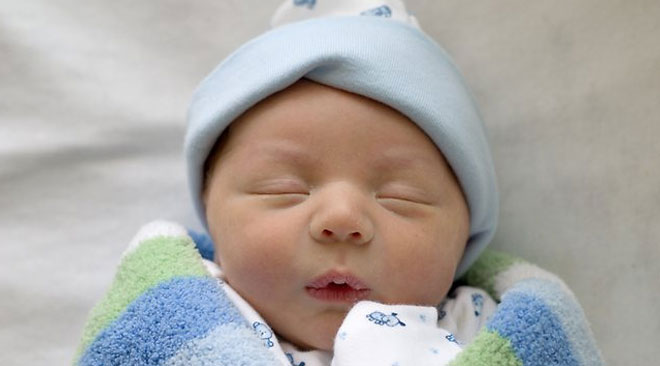
Children who are breastfed score higher on IQ tests and perform better in school, scientists say.
A new study by sociologists at Brigham Young University pinpoints two parenting skills as the real source of this cognitive boost: Responding to children’s emotional cues and reading to children starting at 9 months of age.
Breastfeeding mothers tend to do both of those things, said lead study author Ben Gibbs.
“It’s really the parenting that makes the difference,” said Gibbs.
“Breastfeeding matters in others ways, but this actually gives us a better mechanism and can shape our confidence about interventions that promote school readiness,” said Gibbs.
According to the analysis, improvements in sensitivity to emotional cues and time reading to children could yield 2-3 months’ worth of brain development by age 4 (as measured by math and reading readiness assessments).
“Because these are four-year-olds, a month or two represents a non-trivial chunk of time,” Gibbs said.
“And if a child is on the edge of needing special education, even a small boost across some eligibility line could shape a child’s educational trajectory,” said Gibbs.
Researchers utilised a national data set that followed 7,500 mothers and their children from birth to five years of age.
The data set is rich with information on the home environment, including how early and how often parents read to their kids.
Additionally, each of the mothers in the study also participated in video-taped activities with their children.
As the child tried to complete a challenging task, the mother’s supportiveness and sensitivity to their child’s emotional cues were measured.
Sandra Jacobson of Wayne State University School of Medicine noted that children in the study who were breastfed for 6 months or longer performed the best on reading assessments because they also “experienced the most optimal parenting practices.
“Gibbs and Forste found that reading to an infant every day as early as age 9 months and sensitivity to the child’s cues during social interactions, rather than breastfeeding per se, were significant predictors of reading readiness at age 4 years,” said Jacobson.
The study was published in The Journal of Pediatrics.
Source: Times of India


